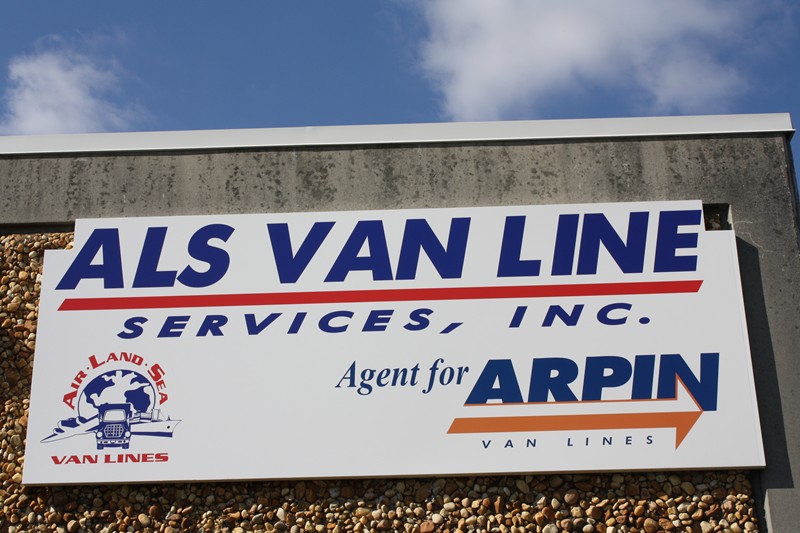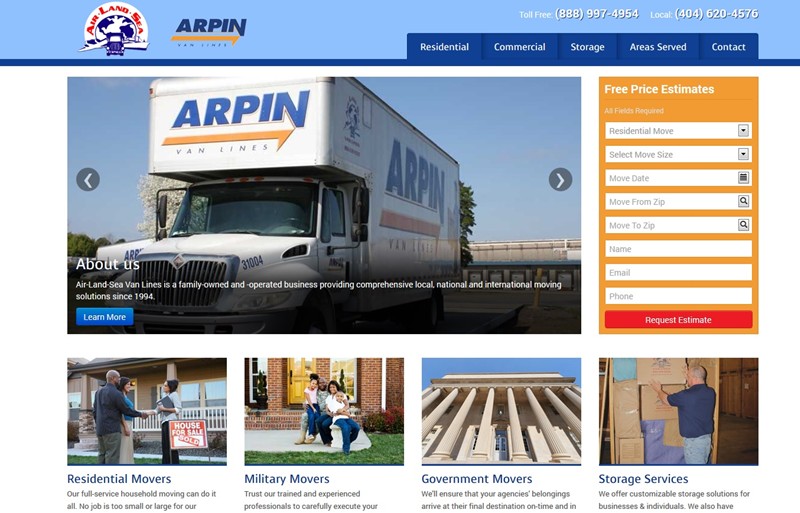
Just like springtime, office moving can be an exciting time of change and growth. However, managing this monumental task is easily overwhelming.
Before panic sets in, hone into your business-savvy mindset and get ready to tackle this task with that same can-do attitude that got you where you are today.
All you need is a little bit of preparation, then before long the pieces will fall into place. Here are 5 basic corporate relocation planning strategies to help get your thoughts together.
Start Planning 6-12 Months in Advance
There are a lot of moving parts when it comes to office relocation, so the sooner you can get started the better off you’ll be. For example, you should:
Establish Your Budget: One of the first things you’ll need is a clear relocation budget that’s approved in writing by company leaders. Within the budget determine how moving-related tasks will be invoiced and paid for.
Search for Leases: You want your new office to turn out just right, but that usually means doing a lot of work to the place ahead of time. Search for leases at least 6 months out so that you have plenty of time to install phone lines, internet, and set up all your office furniture and equipment.
Compare Moving Estimates: Start comparing estimates at least 2 months ahead of your move. That way, you have your pick before the office moving company of your choice is booked up.
Decide What Your Office Will Need
Are you taking all your old office furniture and equipment with you, or will the relocation involve a complete design overhaul? In either case, take some time to decide which items you will bring and those you will not. Next, create a list of everything you will need to purchase for your new office. This might go without saying, but make sure that all purchased items are approved and within the allotted budget.
Create Move-Related Workflow Strategies
Managing a thriving office takes a lot of work on a normal day, so juggling workflow during relocation is going to be a challenge. Talk with managers and come up with workflow strategies that will help guide employees through the relocation process while maintaining critical deadlines.
Talk to Your Employees
Once you have a clear moving plan in place, it’s time to talk to your employees. Provide as much information as possible to help alleviate any apprehension. For example, you might want to include the following information:
A Positive Reason for the Move
The New Office Name and Address
A Moving Timeline
New Office Features
Current Employee Expectations
An Established Route of Communication for Questions
Secure a Reliable Moving Crew
Moving during the spring has many benefits. The weather is warm, morale is high, and you’ll probably get a competitive rate from local movers. If you’re planning an office move next spring and you haven’t secured a reliable commercial moving company, consider ALS Van Lines.
Our Atlanta moving company has served area businesses since 1994, earning us a reputation you can count on for office moves large and small. Contact us today for a free on-site consultation and accurate cost estimate!
Subscribe to ALS Van Lines's Blog





Comments